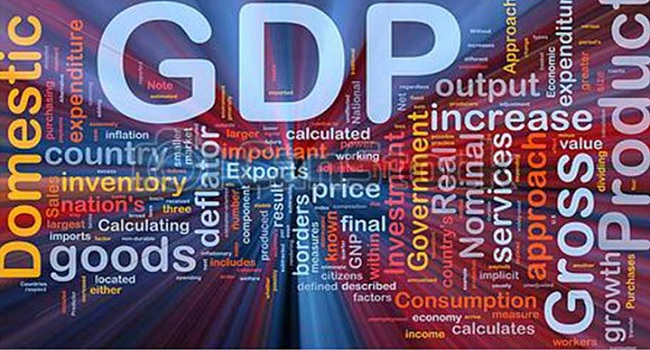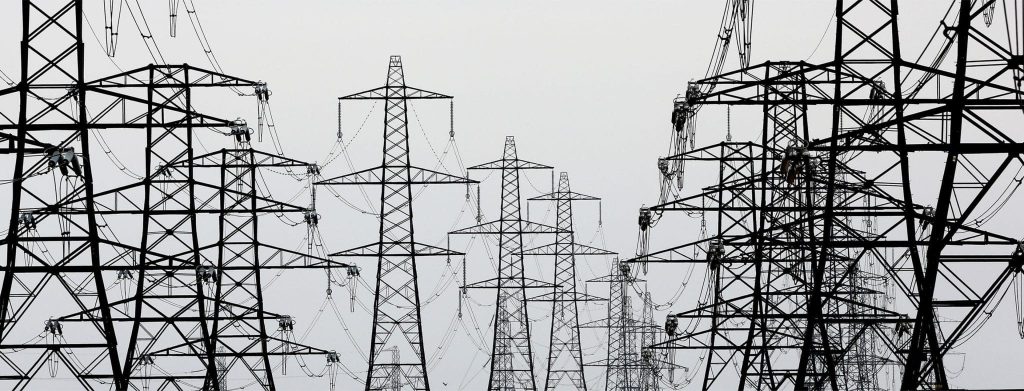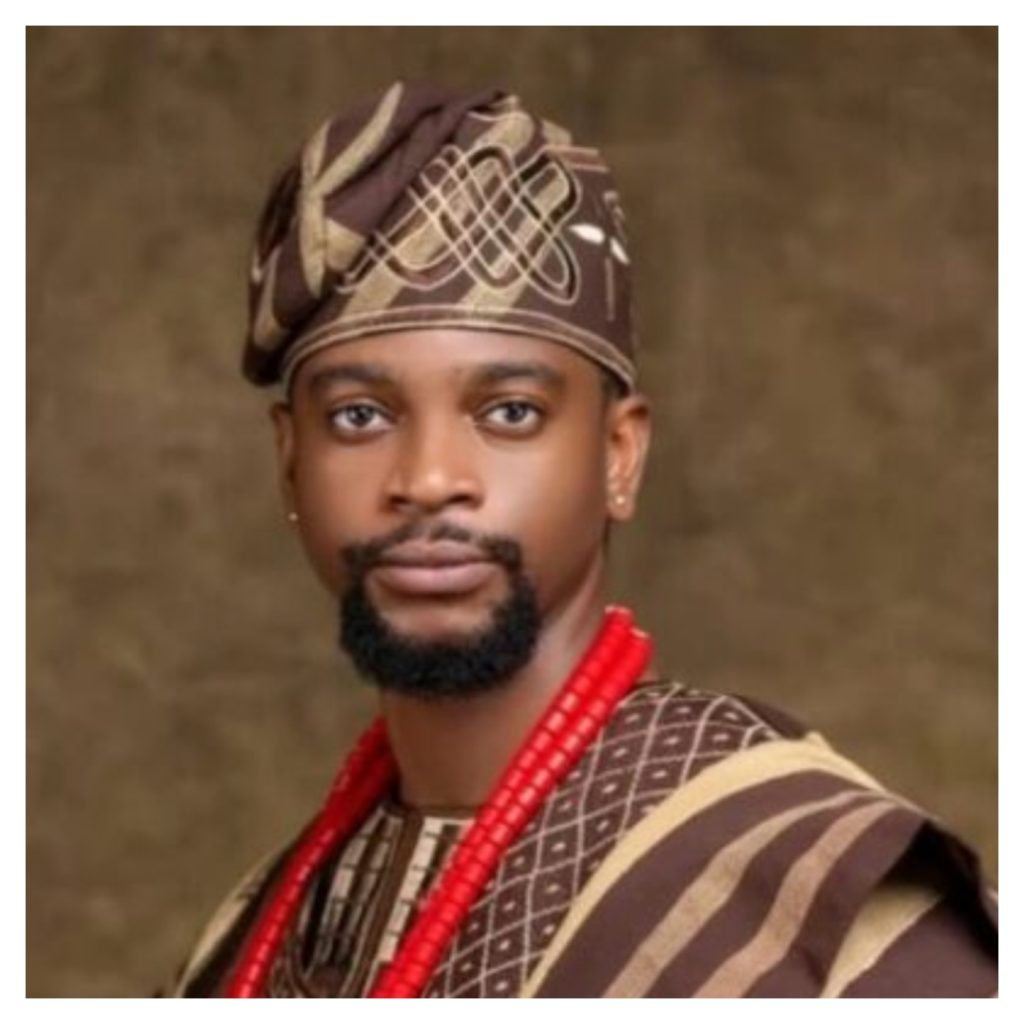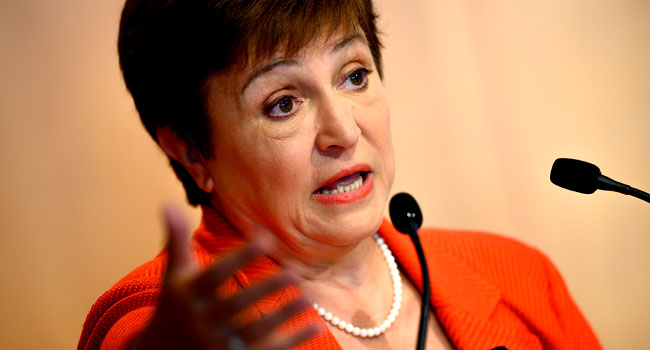The African Democratic Congress (ADC), a Nigerian opposition party, has unveiled plans to allocate 35% of its leadership roles to women while prioritizing youth representation in governance. The commitment was announced by the party’s Interim National Chairman, David Mark, during Tuesday’s inauguration of its National Working Committee in Abuja.
Mark, a former Senate President, emphasized the party’s resolve to shift from symbolic gestures to substantive inclusion. “Our policies, nominations, and leadership roles will reflect meaningful inclusion of youths and women—not just tokenism,” he stated, framing the move as part of broader efforts to reshape Nigeria’s political landscape. The ADC aims to integrate individuals under 40 into leadership positions nationwide, a demographic often marginalized in the country’s governance structures.
The announcement comes amid ongoing debates about representation in Nigeria, where women hold just 4% of parliamentary seats despite constituting nearly half the population. While national legislation to mandate gender quotas has stalled, the ADC’s policy positions it as an outlier in a region where youth and women’s political participation remains limited. Analysts note that similar pledges by other parties have frequently resulted in nominal roles lacking real influence, raising questions about implementation.
Mark, however, framed the initiative as foundational to national development. “We will open the gates for the next generation,” he said, linking youth engagement to long-term stability. The strategy aligns with Nigeria’s demographic realities—over 60% of its 220 million people are under 25—yet younger figures rarely ascend to decision-making tiers in major parties.
The ADC, positioning itself as a reform-oriented alternative, did not specify timelines or enforcement mechanisms for the quotas. Still, the pledge marks a rare formal commitment to intersectional representation in a region where such policies are often aspirational. Civil society groups have cautiously welcomed the move, urging transparency in candidate selection processes to ensure compliance.
As Nigeria approaches the 2027 general elections, the ADC’s focus on inclusive leadership could appeal to dissatisfied voters, particularly women and young Nigerians facing high unemployment and governance challenges. Whether the party can translate rhetoric into practice, however, remains a litmus test for its credibility in a competitive political arena.



